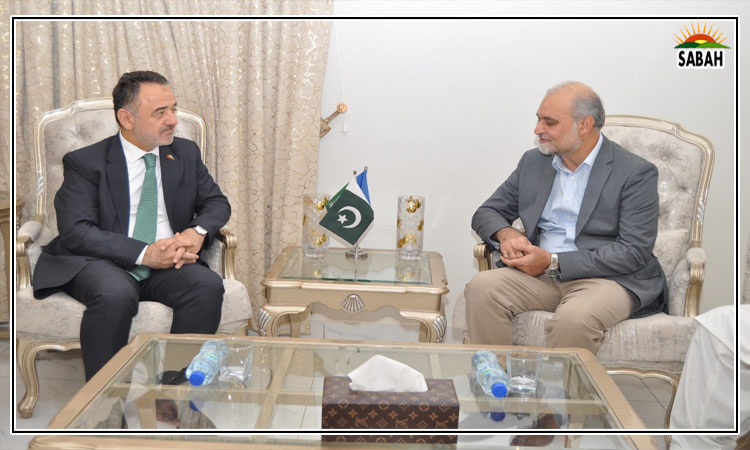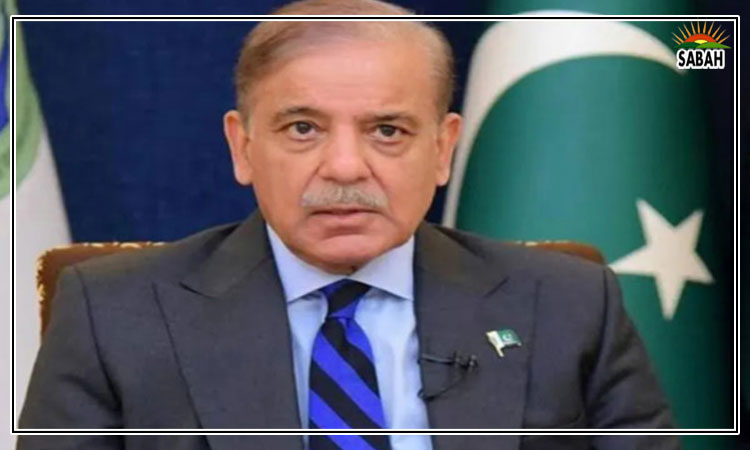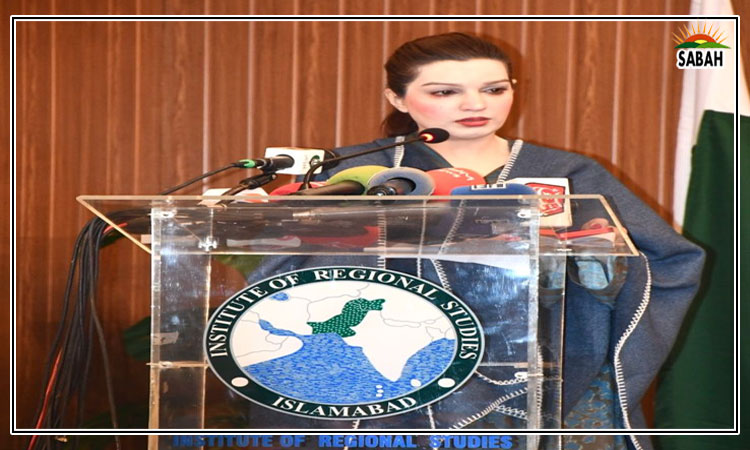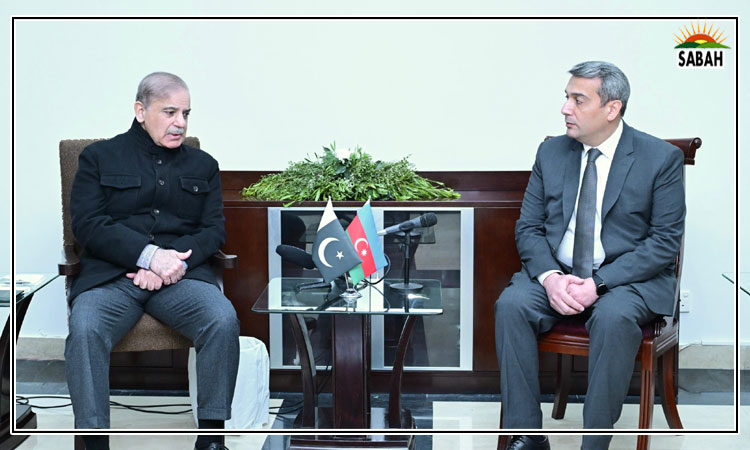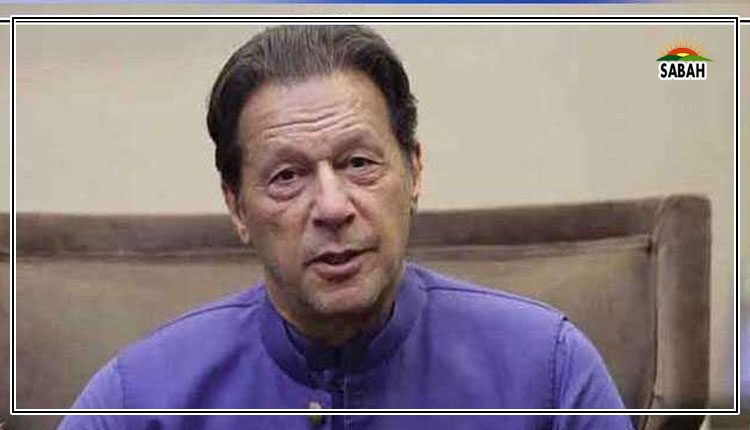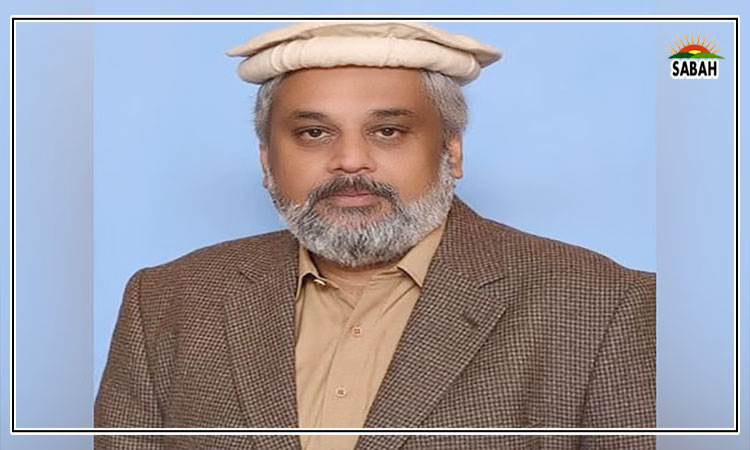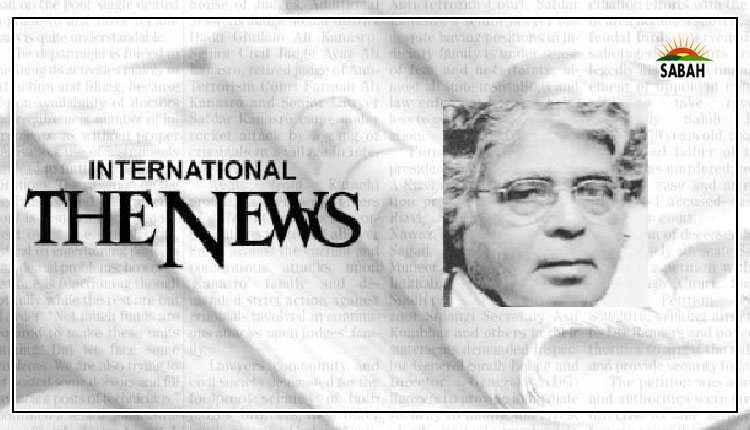Who owns Pakistan?…Ghazi Salahuddin
Given the deafening buzz that the so-called Karsaz accident had created, its finale on Friday is bound to generate excited conversations about the message that it purportedly has delivered. The crux of it would be: oh, the rich and the powerful can always get away with these things.
It was on August 19 that a speeding Toyota Land Cruiser, driven by a woman, had crushed to death a 60-year-old man and his 22-year-old daughter, who were on a motorcycle, in Karachis Karsaz area. I will not go into details that are sensational in a way but only point out that on Friday, a sessions court granted bail to the driver, and it was announced that the suspect was pardoned by the victims family in the name of Allah. End of story almost.
Actually, this news is just an excuse for me to raise the larger and socially crucial issue of how the elite of Pakistan conducts itself and what ordinary citizens feel about it. At a time when people are struggling to survive and protect their human dignity in an environment of oppression and disorder, the elite is seen to be living it up. And the manner in which the SUVs and luxury vehicles lord it over on the roads is one example of the gap that exists between, say, us and them.
When Shehbaz Sharif became prime minister, the economy was manifestly his first priority. With his reputation as a good administrator, some drastic measures were expected to show to the people that the government was also tightening its belt. In fact, it made eminent political sense to even take cosmetic measures to curtail the pomp and show of the higher echelons of the government.
We do have some evidence that austerity in governments expenses is very much on the cards, though no decisive action has yet been taken. What may be described as my second excuse for this column is that economist Kaiser Bengali, who is more of a social activist, has resigned from the federal governments high-powered committee for rightsizing. He said that he was disappointed and saddened by the governments lack of commitment to reduce expenditures.
Kaiser Bengali has claimed that the government wanted to put the entire burden of rightsizing on its employees of lower grades something an official spokesman denied. But the main assertion of the economist is that the economy is in a state of collapse and Islamabad is not aware of it. In his view, the foremost priority should be to stem the fiscal hemorrhage that threatens to be fatal for the economy and the country.
We know how committees are assigned these tasks. But why should the prime minister have waited for this process? It is something that should earnestly be initiated on his first day in office. Taking the larger issue into consideration, reducing the governments expenditures is a relatively minor and easier matter.
Among other things, Pakistans survival will depend on the creation of an egalitarian society in which all citizens are provided equal opportunity on the basis of merit and performance. A small elite that makes sure that its fortress of privilege is not breached by the lowly populace can only be a death wish for a country.
Let me try to illustrate this thought with some facts that Miftah Ismail, also an economist, has placed before us in a video circulated on social media. He said that there have been times when almost half of the federal cabinet had attended the same school. In Imran Khans last year, almost 60 per cent of his cabinet had come from Aitchison College, Lahore. At one time, half of the judges of the Supreme Court were also from Aitchison College. Similarly, more than half of the very rich businessmen and leaders of the corporate sector were educated at Karachi Grammar School.
These figures may be disputed but the point that Miftah Ismail is making is valid. There are, he argues, around 400,000 schools in the country but children who have the privilege of going to just a few, perhaps eight or ten, schools will rule this country. So, if there are 8,000 students in these schools this year, they are assured room at the top, just as their parents are at the top now.
Pakistans elite is one percent of its population and Miftah Ismail admits to being a member of this small and privileged minority. So far, Pakistan has really done well for this elite. But how long can it go on?
For that matter, it has been going on for very long. Let me mention another Pakistani economist: Dr Mahbubul Haq, who was one of Gen Ziaul Haqs finance ministers. He later earned his reputation as an international development theorist and had the distinction of introducing UNDPs Human Development Index.
In the 80s, he identified 22 families which, he said, owned much of Pakistans wealth. Many of the names that he named are still in business though one cannot be sure about the number of families or individuals that own Pakistan now. Perhaps more important would be to identify families or groups that rule Pakistan. In any case, Mahbubul Haqs 22 families were considered synonymous with enormous wealth and unbounded pelf.
As an aside, I would say that in the present situation, even the elite may be in a state of distress about the national sense of direction. But there are no indications that it is anxious to introduce major reforms in a system that has put them in the driving seat. They are not willing to re-imagine Pakistan, as Miftah Ismail would put it.
Coming back to the austerity measures that are on Shehbaz Sharifs table. This would just be a small step in the right direction. But when a government is not able to take a small step in so many months, big strides that are necessary for meaningful social change cannot even be imagined. Will the elite ostentatiously celebrate its own demise?
Courtesy The News



